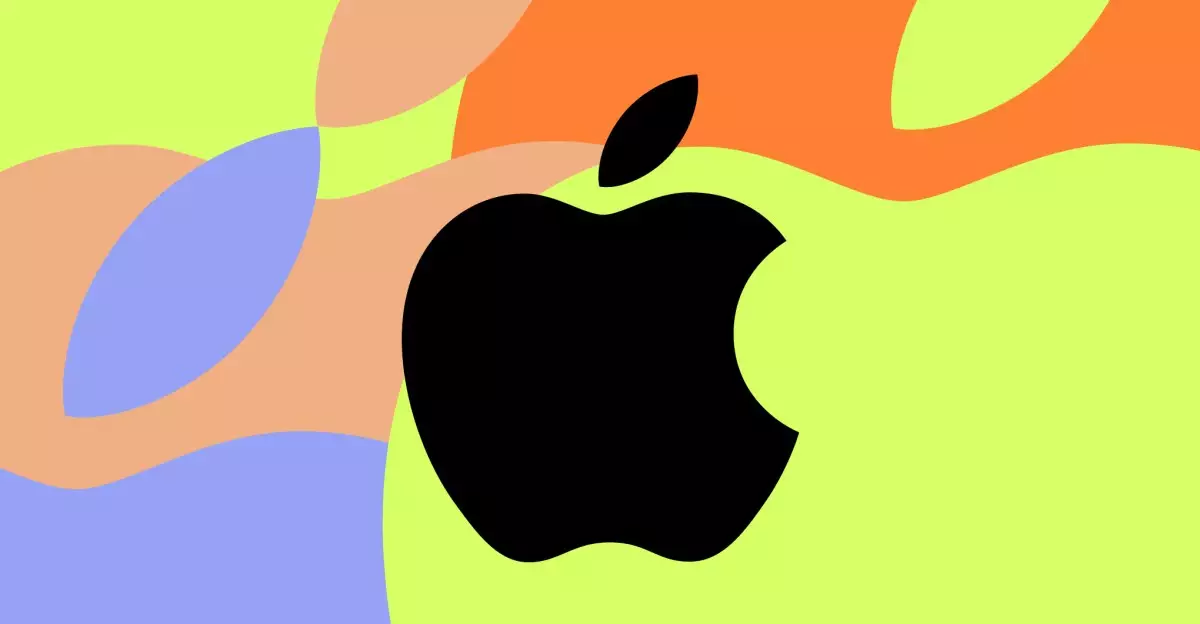In a shocking turn of events, Judge Yvonne Gonzalez Rogers has pulled back the curtain on what can only be termed as gross misconduct within Apple’s executive ranks. The vice president of finance, Alex Roman, stands accused of providing deceitful testimony during proceedings that challenge the tech giant’s app marketplace practices. This revelation raises crucial questions about corporate governance, the ethics of leadership, and the lengths to which companies will go to protect profit margins.
Gonzalez Rogers did not hold back in her assessment. She characterized Roman’s statements as “replete with misdirection and outright lies,” a blunt indictment that suggests a systemic culture of dishonesty within Apple’s upper echelons. The judge indicated that Roman misrepresented fundamental truths about the company’s decision-making timeline concerning its app store commission rates, asserting that these decisions had supposedly only been made as recently as January 16, 2024, when internal documents proved otherwise. These documents revealed that plans, including the contentious 27% fee for purchases made outside of Apple’s App Store, were finalized months prior—specifically in July 2023.
Implications for Corporate Accountability
The ramifications of this ruling extend far beyond the confines of one courtroom. They touch on broader themes of corporate transparency and accountability. When a major corporation like Apple, widely respected and influential, is exposed for lying under oath, it creates a ripple effect in public trust. Consumers, regulators, and other stakeholders must reconsider their relationship with institutions that exercise such significant market power. The judge’s reference to potentially criminal contempt proceedings adds an unsettling layer to this issue, as it questions not only the integrity of the individuals involved but also the corporate structure that allows such behavior to flourish unchecked.
Apple’s failure to rectify these alleged misstatements, according to Gonzalez Rogers, exemplifies a conscious choice to disregard legal obligations. Such actions highlight the potential for unethical practices masked behind the façade of innovation and quality that the company has built over decades. When the pursuit of profit overshadows the rule of law, the very foundations of fair business practices are compromised.
The Consequences of Corporate Hubris
What makes this situation particularly disturbing is the arrogance that seems to permeate the ethos of corporate giants like Apple. Judge Gonzalez Rogers denounced the company’s attempt to evade accountability, marking it as a “gross miscalculation.” This paints a picture of a corporation that, emboldened by its market position, believes it can operate above the law. Such hubris is dangerous, especially when it leads to the establishment of anticompetitive barriers that stifle competition and innovation.
As the case unfolds, it is crucial for all stakeholders involved—the customers, the industry, and regulators—to closely observe the judicial process. Justice in this instance will not merely set a precedent for the tech industry but will also serve as a litmus test for corporate ethics in America. The narrative surrounding this testimony has the potential to redefine how corporate accountability is perceived, pushing for a more transparent landscape where corporate lies and deceptions cannot be tolerated.
This moment is not just about one executive’s downfall; it is an opportunity to demand a cultural shift within corporations that have long operated in the shadows, often bending the truth for corporate gain. It begs the question: if large companies can get away with such deceptive practices, what recourse do ordinary consumers have? The answer lies in vigilance, accountability, and a commitment to upholding the principles of fair competition and ethical conduct.

